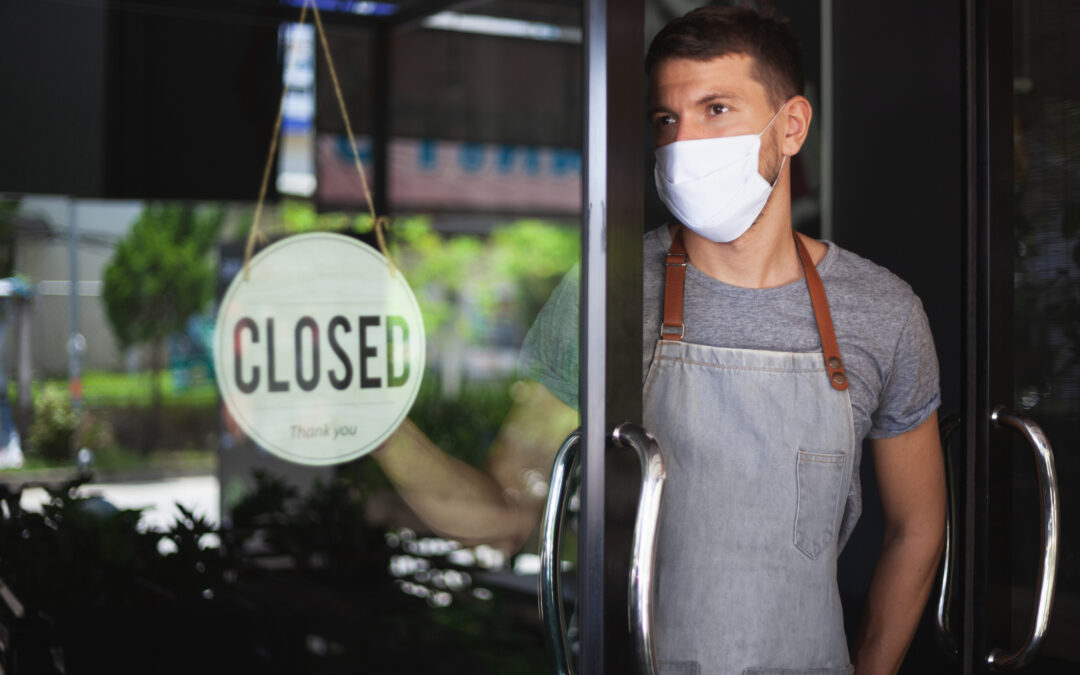The COVID-19 pandemic and the resulting shutdowns caused economic hardship for many people and businesses.
For some, bankruptcy was the best way to escape crippling debt. Chapter 11 filings for businesses were up nearly 20% in 2020, with retailers and restaurants being the hardest hit.
Consumer bankruptcies were not high in 2020; however, as government protections begin to ease, consumer bankruptcies will likely climb.
Temporary changes to the bankruptcy code
Since the historic national shutdown in March 2020, the federal government has tried to provide relief to those struggling financially.
On March 27, 2020, the CARES Act, a $2.2 trillion stimulus bill, was signed into law. Later that year, on December 27, President Trump signed a second stimulus bill into law.
The second bill included several temporary changes to the bankruptcy code intended to help debtors affected by the pandemic. The bill makes it clear that debtors cannot be denied CARES Act relief because of past or present bankruptcies.
Additionally, debtors who have taken advantage of the Chapter 13 bankruptcy repayment plan may be able to extend their plan several years.
A coming rise bankruptcy filings
Many people predicted consumer bankruptcies would go up in 2020 because of the pandemic. In reality, consumer bankruptcies were down.
One reason for this may have been the success of the CARES Act, which provided many families with much-needed money to cover essentials.
Additionally, the national eviction moratorium may have prevented some people from filing for bankruptcy.
However, as vaccines are distributed and COVID-19 cases decline, the federal government will ease restrictions. Unless the government extends it, the national eviction moratorium will expire at the end of July 2021.
The end of the eviction moratorium, whenever it occurs, may lead to a significant uptick in bankruptcies. In the financial crisis of 2008, bankruptcies didn’t peak until 2010, indicating that bankruptcies following the COVID-19 pandemic may have only just begun.
If you’re experiencing economic hardship and are struggling to pay off debts, bankruptcy may be an option. Learn more about bankruptcy on our site or call us today at 361-578-7200 to discuss your options. You may also text 361-648-6888 seven days a week. Let us help you make the right choice for you, your business, and your family.

